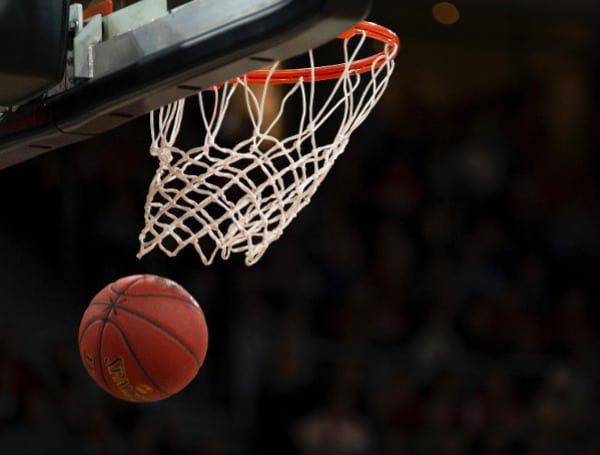Seismic changes to high-school sports in Florida kicked off this week, as the board that governs athletics signed off on a plan that will allow student-athletes to earn money from business agreements such as endorsement deals.
Members of the Florida High School Athletic Association’s Board of Directors on Tuesday unanimously approved an update to bylaws that will allow athletes to be compensated for their name, image and likeness, or NIL. The changes will be in effect for the upcoming school year.
The change will bring Florida into “new territory,” according to Monica Colucci, a Miami-Dade County school-board member who is president of the FHSAA board of directors.
Read: Florida Shark Attacks: Examining The Reality Behind The Headlines
“So there are going to be hesitations, we are going to feel nervous. But I do really believe that this is going to put us on par with the rest of the country. We are going to have some things that we have to face as a board. And we will do so. Because I really believe we are very capable and we are going to do the right thing for students, always. That is our top priority,” Colucci said during Tuesday’s meeting in Gainesville.
The revamped bylaws lay out what is — and isn’t — allowed for student-athletes inking NIL deals.
“Permissible activities” under the new NIL policy will include, but not be limited to, commercial endorsements, promotional activities, social media presence, and product or service advertisements.
But a slew of restrictions also will be in place as the floodgates open for endorsement deals.
For example, student-athletes will be prohibited from using their school’s logo, uniform or equipment in any NIL deals unless they are given written permission from the school, district or FHSAA.
Read: Florida Land Conservation Deals Teed Up
Student-athletes also are banned from endorsing certain products, such as alcohol, tobacco, vaping, gambling, weapons, cannabis products and prescription drugs.
The FHSAA board also approved as part of the NIL rules a prohibition on endorsements related to “political or social activism.”
Another prohibition that has sparked debate within the FHSAA board is the barring of what are known as NIL “collectives,” which are funding organizations through which student-athlete compensation frequently is funneled.
Help support the Tampa Free Press by making any small donation by clicking here.
Android Users, Click To Download The Tampa Free Press App And Never Miss A Story. Follow Us On Facebook and Twitter. Sign up for our free newsletter.

